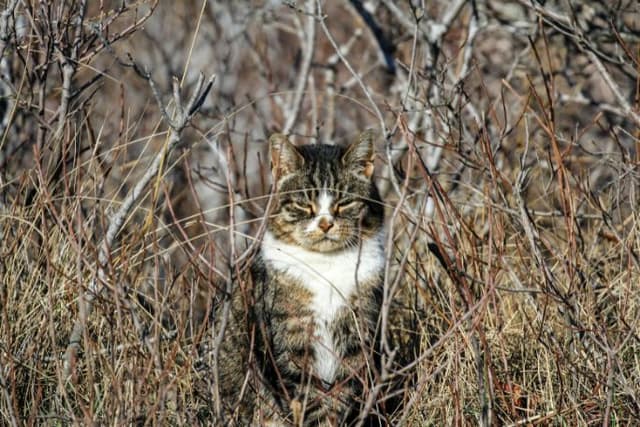
Lord Howe Island - Introduced Species
Lesson1 of 4 in this unit
SecondaryYear 7 - 10ScienceHumanities and Social SciencesGeographyEnvironmentalBiodiversityConservationLand Management
Summary
Lesson Guides and Printables
Lesson Plan

Student Worksheet

Teacher Content Info
